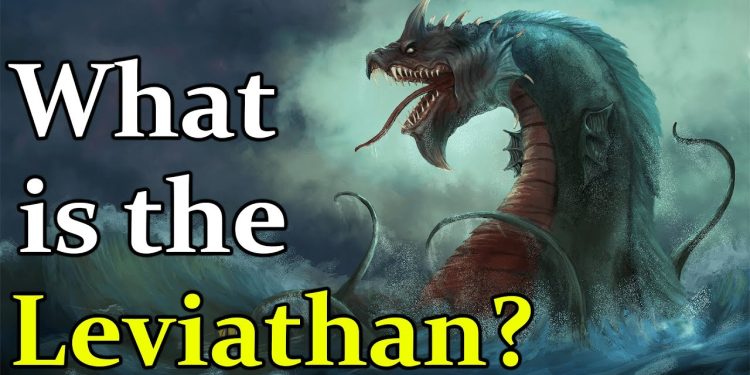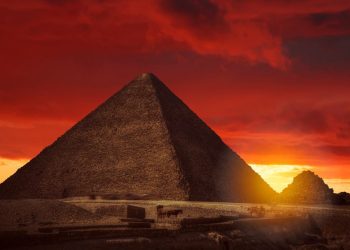Unlocking the Secrets of the Biblical Sea Monster and its Influence on Ancient Mythology
The Enigmatic Leviathan
The Leviathan, a biblical sea monster, has captured the imaginations of theologians, historians, and laypeople alike for millennia. While some creationists argue that it represents a dinosaur or prehistoric reptile, a deeper exploration of this mythical creature reveals connections to the extinct religion and mythology of the Proto-Indo Europeans and various ancient cultures. In this article, we’ll delve into the Leviathan’s true nature and what it tells us about the beliefs and stories that shaped the ancient world.
The Biblical Leviathan: A Monstrous Sea Creature
The Leviathan specifically is mentioned six times in the Tanakh, in Job 3:8, Job 40:25–41:26, Psalm 74:14, Psalm 104:26 and twice in Isaiah 27:1, where it is described as a gigantic, terrifying sea creature that defies human control. This biblical account has fueled speculation about the Leviathan’s possible connection to real-world animals, including extinct reptiles like dinosaurs. However, the Leviathan’s significance extends far beyond its physical attributes, serving as a powerful symbol in religious texts and ancient myths.
The Leviathan in Ancient Near Eastern Mythology
The Leviathan’s origins can be traced back to ancient Near Eastern mythology, where it shares similarities with other monstrous sea creatures such as the Babylonian Tiamat and the Canaanite Lotan. These creatures often represented chaos and disorder, and their defeat by the gods signified the establishment of cosmic order. This recurring theme in ancient mythology suggests a common cultural heritage among different civilizations, likely stemming from the beliefs of the Proto-Indo Europeans.
The Proto-Indo European Connection
The Proto-Indo Europeans were a prehistoric culture that lived thousands of years ago and spoke a language that would eventually give rise to many modern languages, including English, German, and Hindi. Their mythology and religion, while mostly lost to time, have left traces in various ancient cultures, from the Norse to the Greeks. The similarities between the Leviathan and other ancient sea monsters may indicate a shared mythological heritage among these civilizations, pointing to an overarching narrative that predated written history.
Ancient Sea Monsters: Symbols of Chaos and Order
In many ancient cultures, sea monsters like the Leviathan represented the forces of chaos that threatened the established order. Their defeat by the gods symbolized the triumph of order and the establishment of the cosmos. This theme is found in stories from various civilizations, including the Babylonian creation myth, where the god Marduk defeats the sea monster Tiamat and uses her body to create the heavens and the earth. This shared symbolism underscores the deep cultural connections that spanned across the ancient world.
The Leviathan’s Legacy in Modern Culture
The influence of the Leviathan and its mythological counterparts can still be felt today. The term “leviathan” has come to signify any large or powerful entity, often with negative connotations, such as oppressive governments or massive corporations. This enduring symbolism is a testament to the ancient roots of the Leviathan’s story and its lasting impact on human culture.
Understanding the Leviathan and Ancient Religions
While the Leviathan’s true nature remains a subject of debate, its significance in ancient religions and mythologies is undeniable. By exploring the connections between the Leviathan and other ancient sea monsters, we can gain valuable insights into the beliefs and stories that shaped the ancient world. Far from being just a prehistoric reptile or dinosaur, the Leviathan serves as a window into the fascinating and mysterious world of extinct religions and the cultural heritage of humanity.
PLEASE READ: Have something to add? Visit Curiosmos on Facebook. Join the discussion in our mobile Telegram group. Also, follow us on Google News. Interesting in history, mysteries, and more? Visit Ancient Library’s Telegram group and become part of an exclusive group.











